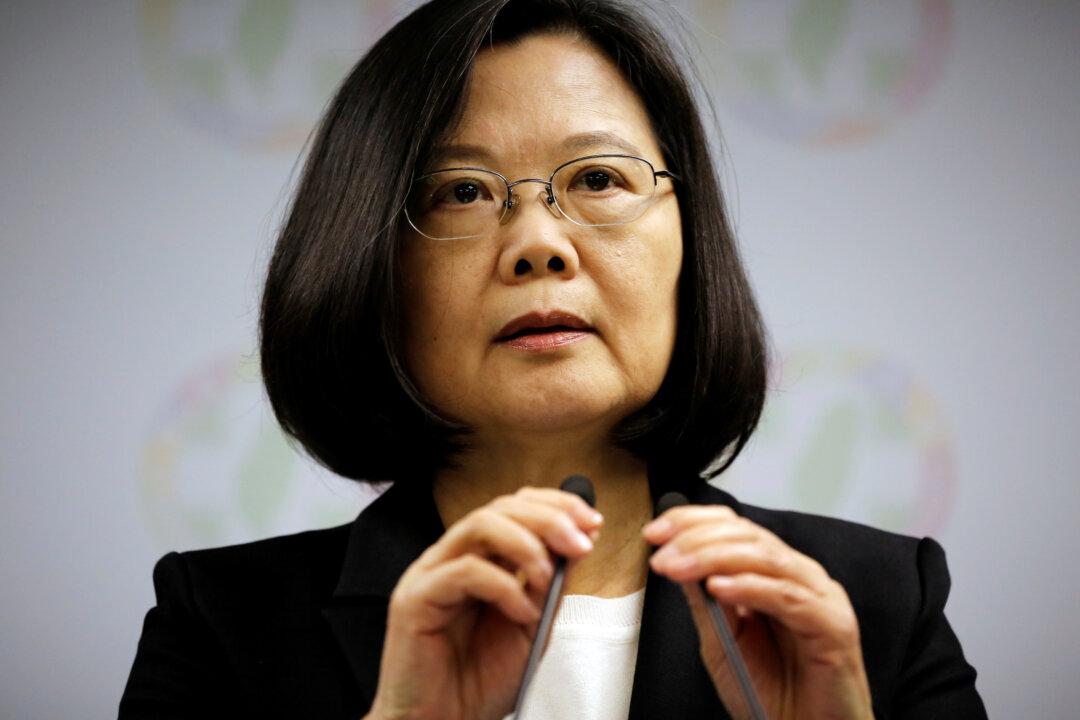TAIPEI—Taiwan’s policy of maintaining the status quo with China won’t change despite a drubbing at local elections for the ruling party, Taiwan President Tsai Ing-wen said on Nov. 30, adding democracy was the biggest difference with China.
The pro-independence Democratic Progressive Party (DPP) suffered a serious set-back at the Saturday polls, loosing key cities in mayoral elections to the China-friendly Kuomintang, including the former DPP stronghold of Kaohsiung in the south.





